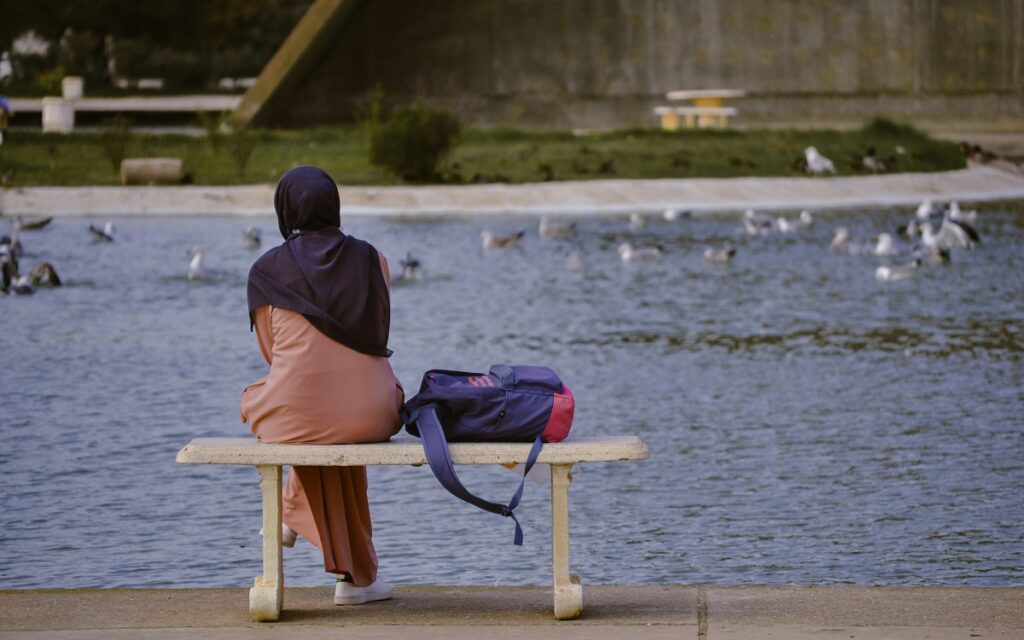This project explores how police, volunteer organisations and the public collaborate around coastal borders and modern slavery.

Policing vulnerabilities requires law enforcement agencies to develop partnerships with volunteers, civil society and the public – but these partnerships bring challenges and risks. This project investigates how police, volunteer organisations (e.g. coastal lookout organisations and rural neighbourhood watch initiatives) and the public collaborate around two key contemporary vulnerabilities: coastal borders and modern slavery.
Vulnerable individuals, societies and infrastructures are often exploited in complex crimes. Coastlines, small ports or rural airfields are targeted by transnational criminals to move illegal goods and traffic people, and modern slavery generates – and preys on – vulnerabilities that hide in “plain sight”.
Tackling the multiple vulnerabilities that enable cross-border crime requires law enforcement agencies to form partnerships with the public and with volunteer associations. Monitoring coastlines, for instance, increasingly involves the police working with local communities and civil society groups. Similarly, the UK’s anti-modern slavery response encourages the public to “watch out” for potential victims in everyday life, and frequently relies on civil society partners.
This project investigates the new networks of collaboration, surveillance and control which span police, allied security agencies, civil society and the public in tackling these vulnerabilities.
The project has three aims:
- To examine the roles and activities that citizen groups and the public undertake in policing vulnerability.
The team will look at formal and informal collaborations around ‘border vulnerabilities’ and those associated with modern slavery. - To investigate the relationships between voluntary and professional activity around vulnerability.
The team will ask the police and allied agencies about the potential of citizen volunteers. They will also explore how citizen groups understand their work with law enforcement agencies. - To understand the effects generated by emerging voluntary and professional collaborations.
The researchers will explore how contemporary citizen volunteers are shifting the relationship between state enforcement and proactive public groups.
The project will produce new evidence through qualitative research. The team will conduct interviews, focus groups and on-site visits to understand the challenges of collaboration from the perspective of citizen groups, volunteers and the police.
Lead investigator
- Dr Alex Hall, University of York
Co-investigators
- Professor Sara De Jong, University of York
- Dr Hannah Lewis, University of Sheffield
- Professor Louise Waite, University of Leeds
Research Associate
- Rodrigo Campos, University of York


